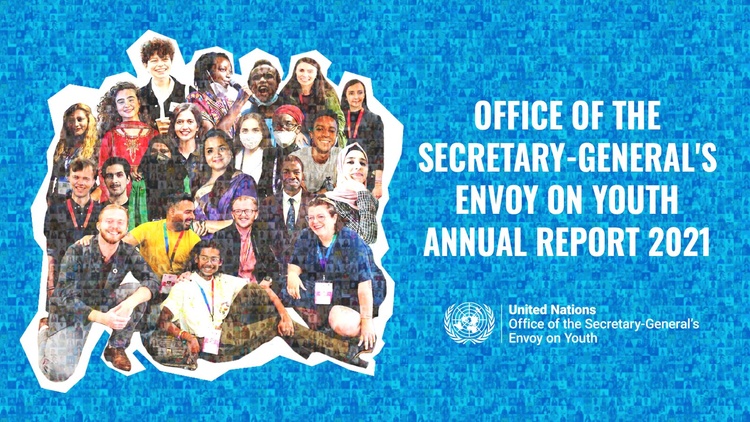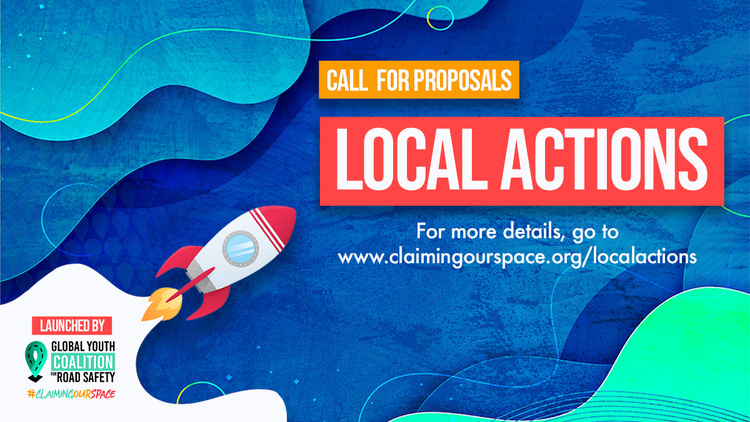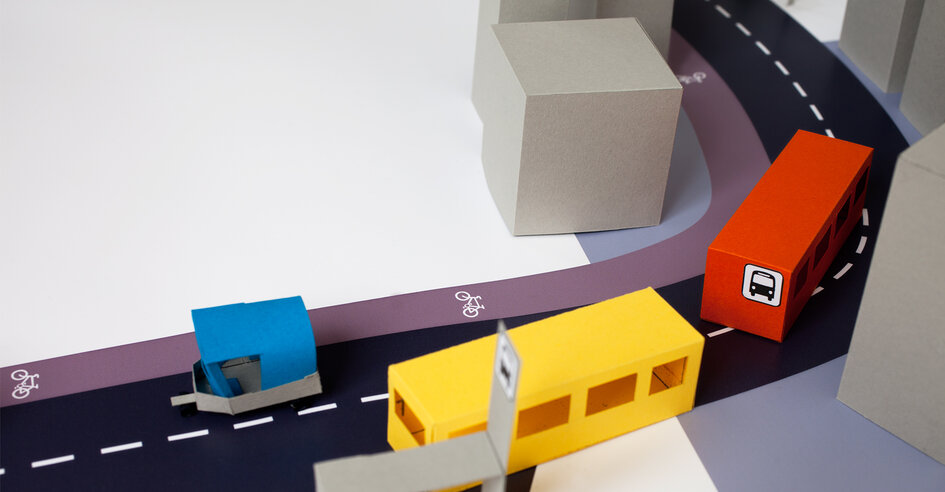
Call for proposals: Reconnecting, Reinvigorating, Reimagining Injury Prevention
The Public Health Association – Australia and World Health Organization have recently launched a call for abstracts for the q4th World Conference on Injury Prevention and Safety Promotion (Safety) happening from the 27th to the 30th of November 2022. The theme of the conference is “reconnection, reinvigorating, reimagining injury prevention” – this was chosen n the light of the pandemic and its effects on public health. We reproduced the article here:
We invite abstract submissions for oral presentations, rapid-fire and conversation starter at the 14th World Conference on Injury Prevention and Safety Promotion (Safety) 2022, convened by the Public Health Association of Australia (PHAA) and co-sponsored by the World Health Organization (WHO). The Congress will be held in Adelaide, Australia from Sunday 27 November to Wednesday 30 November 2022.
The 2022 Congress theme is ‘Reconnecting, reinvigorating, reimagining Injury Prevention’.
This theme was chosen in light of the significant changes across the globe, the most obvious of these is COVID, however, we are also seeing changes to renewable energy, greater automation especially in automobiles and manufacturing, greater use of big data and artificial intelligence, the Black Lives Matter movements, Me Too movement, climate change, higher government debt, aging populations and much more. These changes are going to transform the way we work in injury prevention and require us to reinvent, reinvigorate and reimagine injury prevention.

For injury prevention and safety promotion to be effective and create a safer future, engagement will be key; this will include engaging with communities, politicians, researchers, policymakers, people, and other stakeholders. While research is important for developing the evidence base there is an ongoing need for action to ensure appropriate evidence-based policy development, program delivery, increased funding, collaboration, and development of future generations of injury prevention experts for a safer future.















